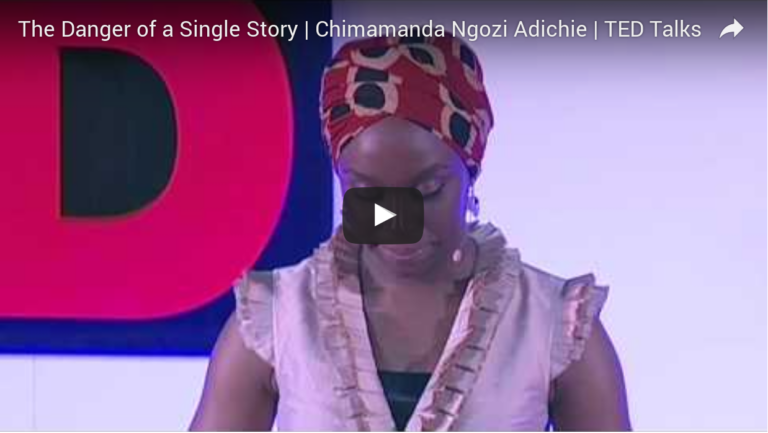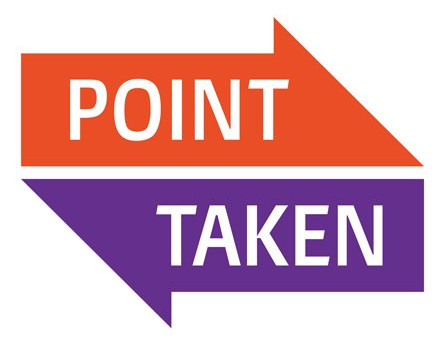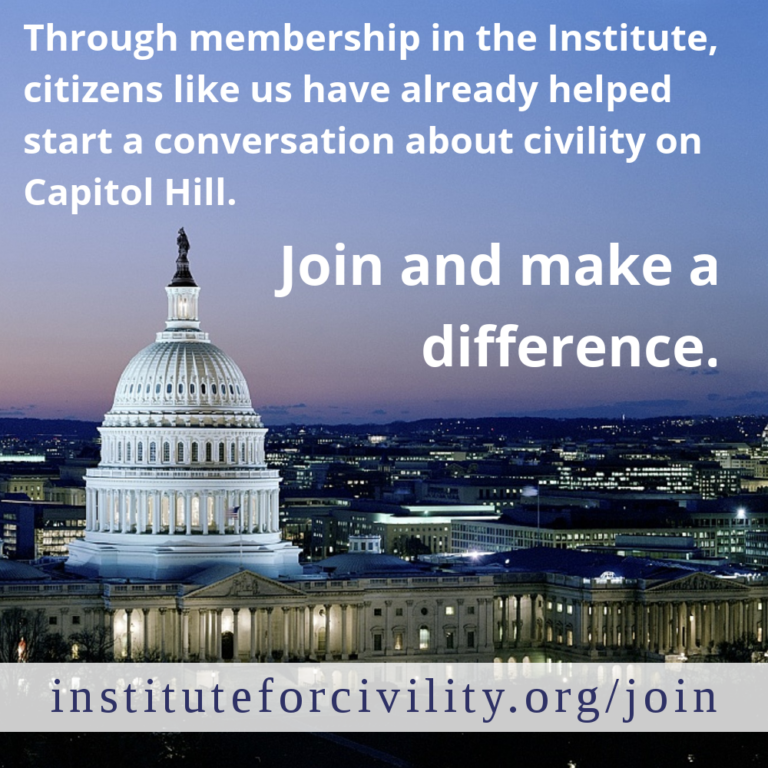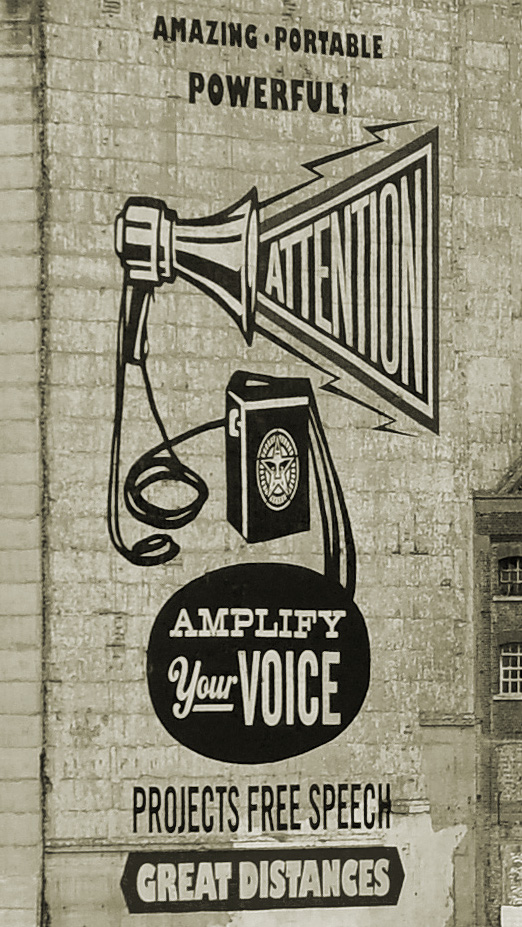Twenty Years Later
April 1, 2018 marked twenty years since we launched the Institute on Capitol Hill. We thought it was going to be easy. We thought that the essential nature of civility in public (and private) discourse was obvious. We thought thousands of people would join our organization and within a few years we would be working…




